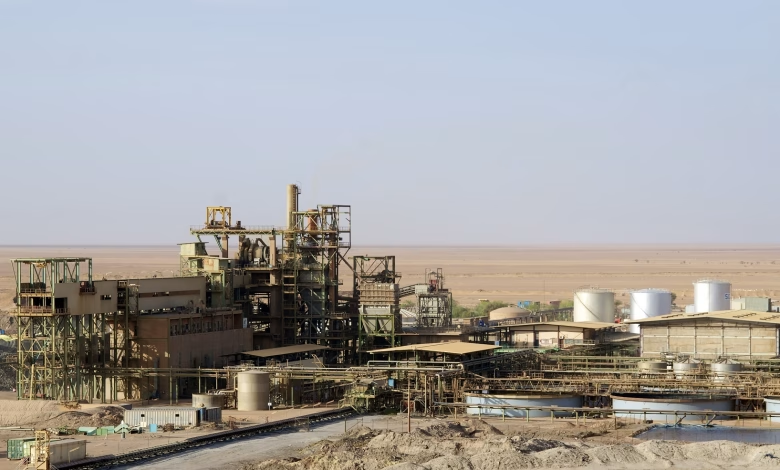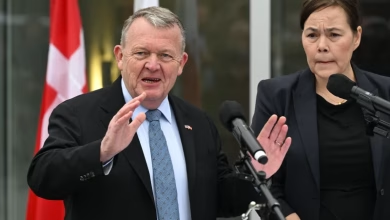Niger Seizes Control of Orano’s Uranium Mining Operations

- Niger takes Orano's uranium mines
- 1,150 tonnes of uranium stuck
- France-Niger relations strained
French nuclear company Orano has confirmed that military authorities in Niger have taken control of its uranium mining operations in the country. This follows a series of escalating tensions between the French company and Niger’s new military rulers.
Since seizing power in a coup in July 2023, Niger’s military government has taken steps to overhaul regulations governing the mining sector, particularly targeting foreign companies. In June 2024, the military revoked Orano’s permit to exploit one of the world’s largest uranium deposits, leading the company to suspend production.
This move marks another chapter in the deteriorating relationship between France and Niger, which began after the coup and deepened with the expulsion of French troops from the country.
Orano has yet to receive any comment from Niger’s authorities on the recent developments. The company said in a statement that the military authorities now control its operations, including its local unit, Somair, in which Niger holds a 36.6% stake.
Niger is one of the world’s top 10 producers of uranium, accounting for about 5% of global output. Before the coup, it supplied 15-20% of France’s uranium imports. However, the country’s military government has made it clear that it intends to revise mining agreements, with a focus on ensuring Niger benefits more directly from its vast mineral resources.
For months, Orano has warned of increasing interference in its operations, citing difficulties in exporting uranium, particularly as Niger’s border with Benin remains closed for security reasons. As a result, the company has been unable to export 1,150 tonnes of uranium concentrate, which represents about $210 million in value.
Despite the challenges, Orano has said it plans to “defend its rights before the competent bodies” while seeking to engage with all stakeholders to establish a stable and sustainable operating environment.
The military government of Niger has expressed frustration over the historical mining agreements that allowed foreign companies, particularly from France, to control the country’s resources. In November 2024, Niger’s Minister of Mines, Colonel Abarchi Ousmane, told a Russian news agency that relations with France had been strained by the French government’s refusal to recognize the new military rulers.
“Does it seem possible to you that we, the state of Niger, would allow French companies to continue extracting our natural resources?” Ousmane remarked, in reference to the French president’s stance on the military regime.
Niger, which gained independence from France in 1960, had long been under the influence of its former colonial power, with exclusive access to Niger’s uranium reserves secured through bilateral agreements. However, following the coup, military leader Abdourahamane Tiani has been vocal in his efforts to reduce Western influence and assert greater control over the country’s natural resources.
With France sidelined, there are speculations that Russian and Turkish firms could potentially fill the vacuum, taking advantage of the changing political dynamics in the region.






